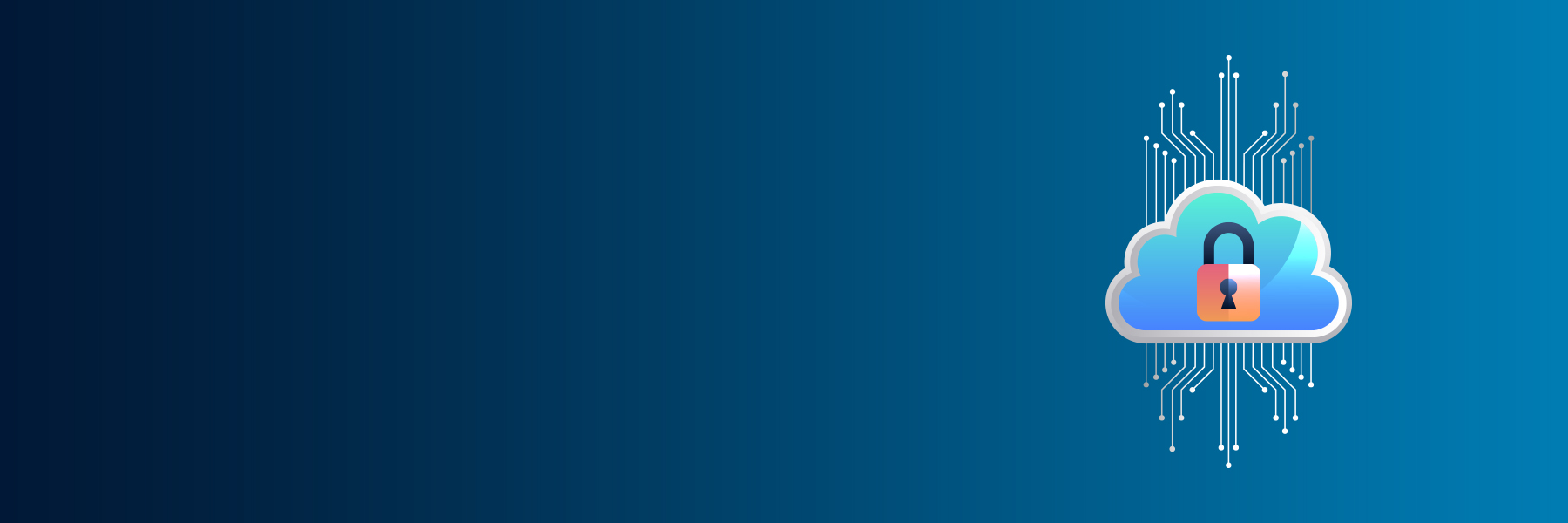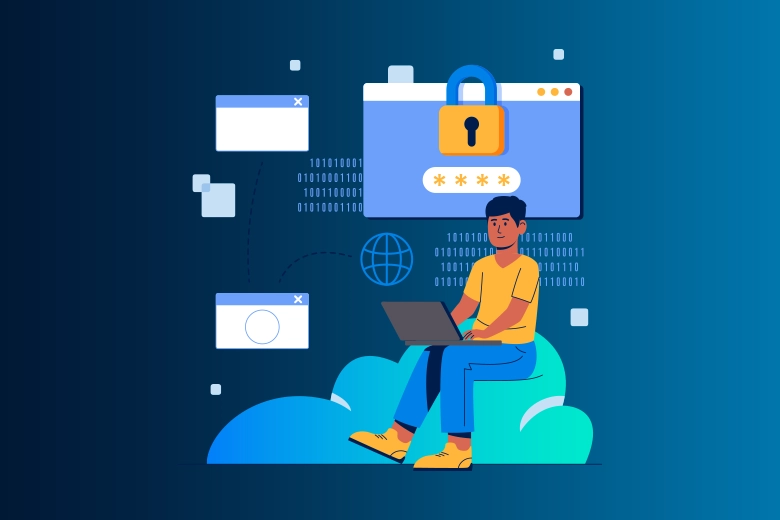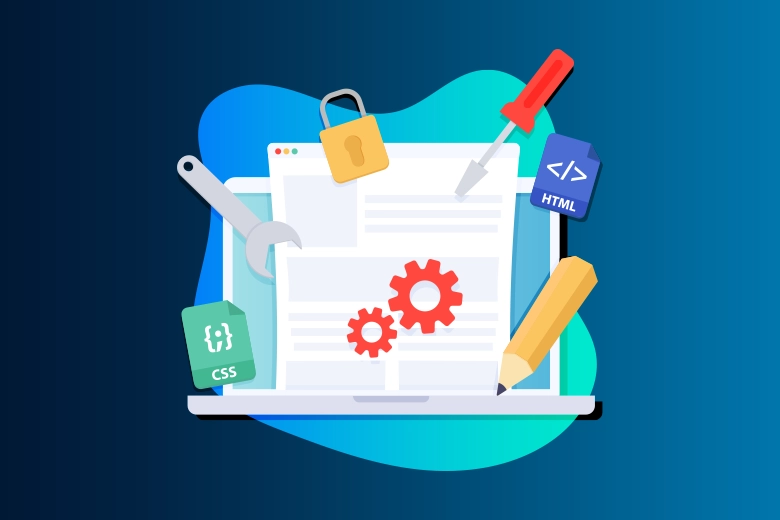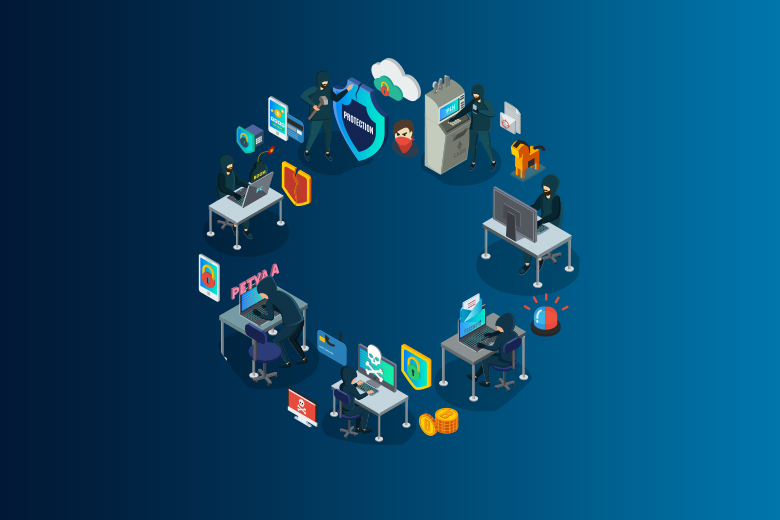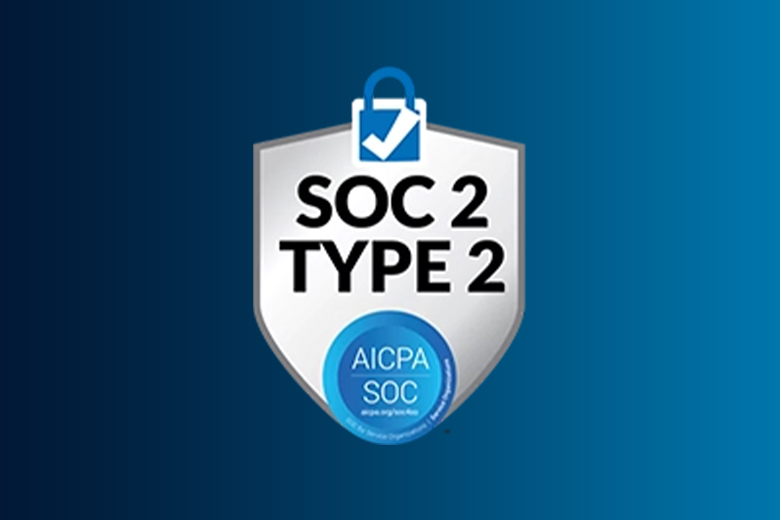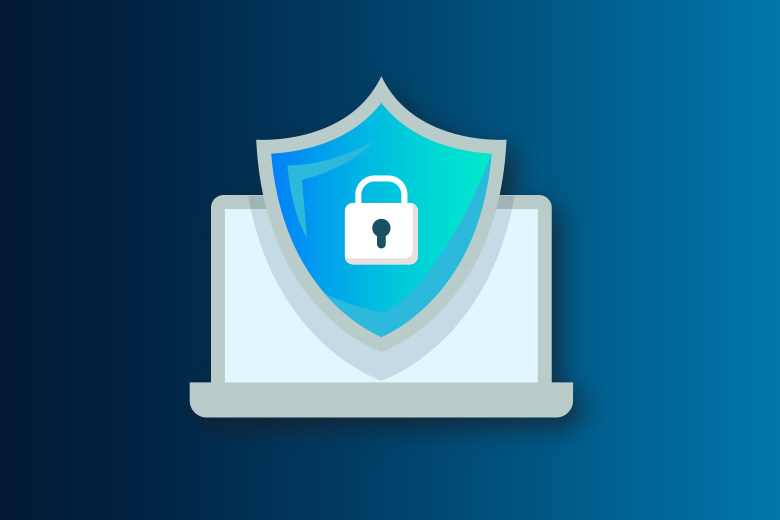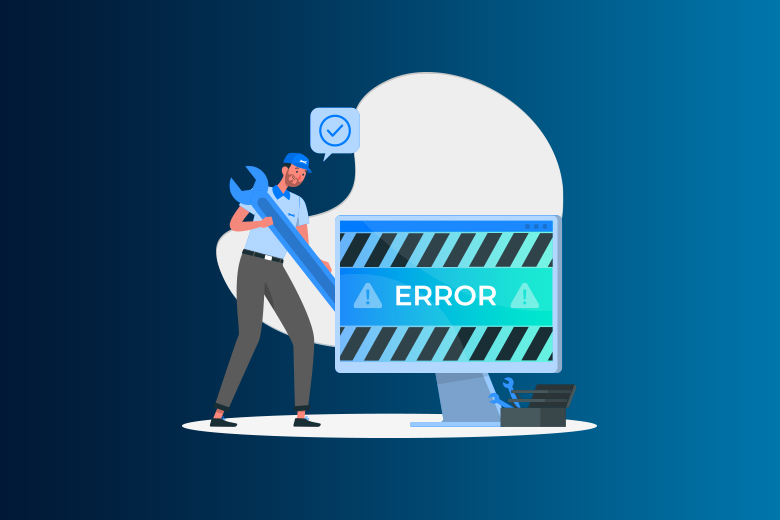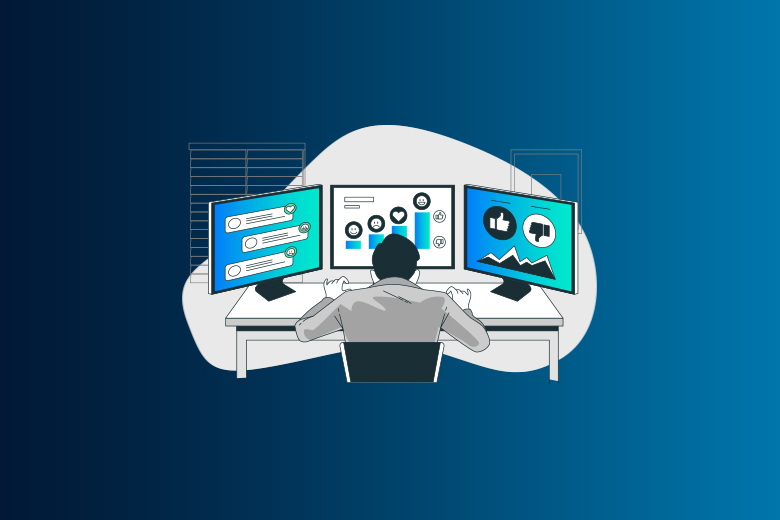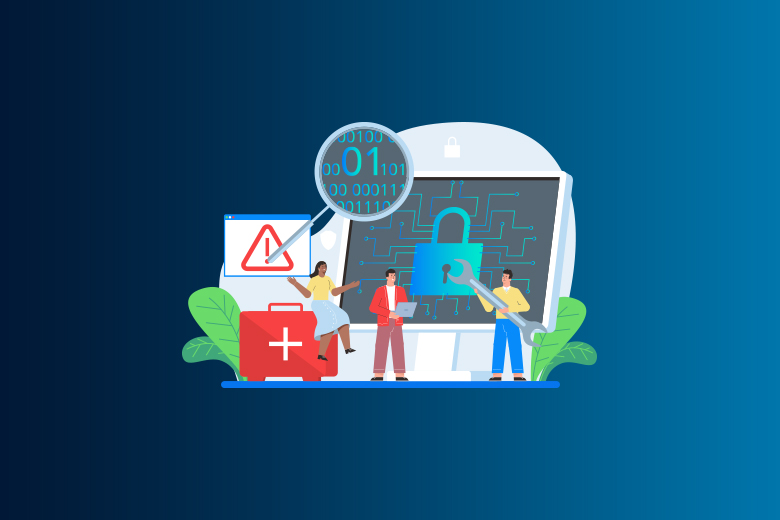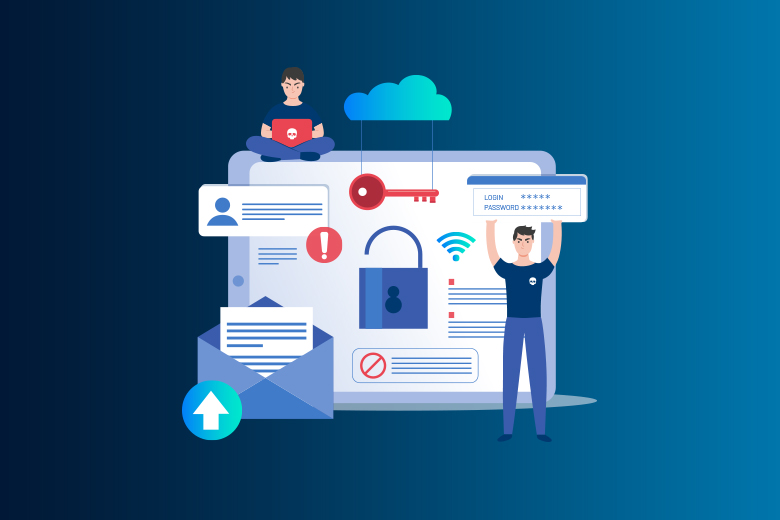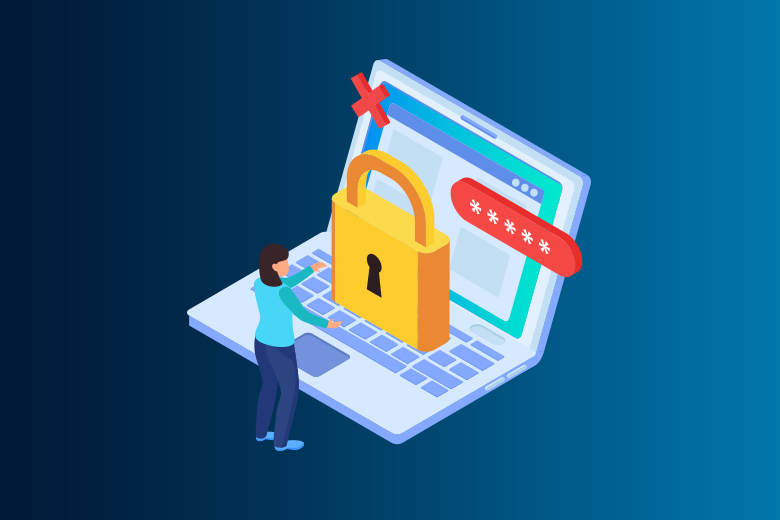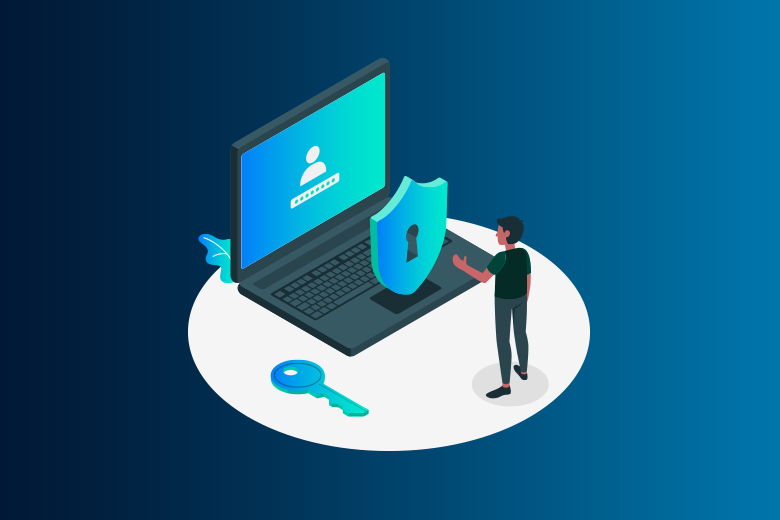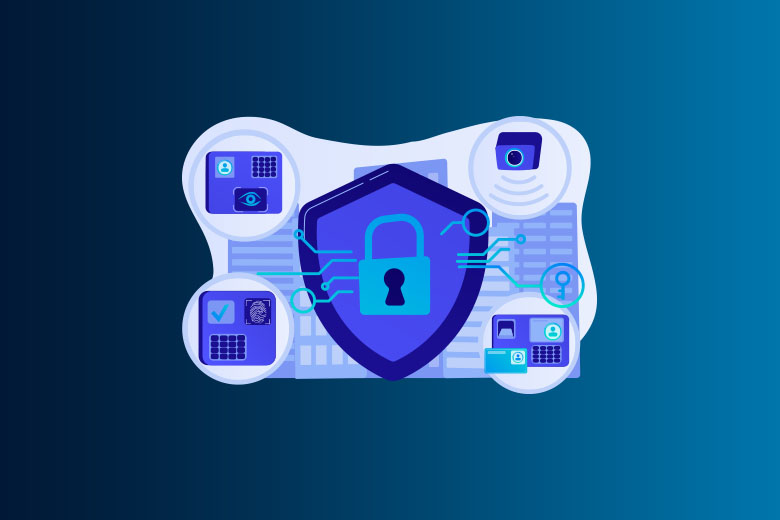14 March 2024
SafeAeon Inc.The world of computers is growing very quickly. As more and more businesses move their operations to the cloud, they store private information and run important programs in these virtual settings. This change opens up a world of benefits, including the ability to grow, be flexible, and save money. But moving to digital means there are new security issues to deal with.
A study from IBM on cloud security says that in 2023, data breaches involving cloud storage grew by an extremely large 63%. Bad people are always coming up with new ways to take advantage of weaknesses in cloud settings and user access controls. The results can be very bad, including losing money, hurting your image, and not following the rules set by regulators. In this case, cloud security tools become the most important parts of a strong digital defense system. These specialized software solutions give companies the power to protect their cloud settings, lower risks, and make sure their data is safe, secure, and always accessible.
A report from Market Research Future says that the global cloud security market will hit an amazing $61.3 billion by 2028: [invalid URL deleted], which shows that more and more people are using these important tools. In the parts that follow, we'll talk more about the different kinds of cloud security tools that are out there, how they work, and how they can help you protect your digital home in a world where threats are always changing.
What is safety in the cloud?
The strategies, practices, and technologies used to keep digital assets safe in cloud computing settings are all part of cloud security. Its main goal is to keep data, apps, and the network safe from hackers, people who aren't supposed to be there, and other online threats.
Data safety is at the heart of Cloud Security, and encryption is a key part of this. Cloud Service Providers (CSPs) protect the privacy and security of sensitive data by encrypting it both while it is in transit and while it is at rest.
This security makes things more complicated, which makes it harder for people who aren't supposed to be there to get to or read the data. Access controls are also very important because they make sure that only people who are allowed to can see or change data and limit who can use cloud services.
Additionally, regular backups and strong disaster recovery plans are necessary to keep business operations running easily after security incidents or data losses, which ensures that the business stays open.
Why is it important to protect the cloud?
As more and more people use cloud computing, strong Cloud Security steps become more and more important.
Cloud security is important because it keeps private information safe from hackers, people who shouldn't have access to it, and other online threats. CSPs keep data saved in the cloud private, safe, and easy to access by using tools like encryption and access control.
Cloud Security is also important for businesses to follow rules, privacy laws, and data security standards. Businesses can follow the law and stay out of trouble by putting in place strict security measures.
Cloud security also makes sure that the business keeps running. Having backups, emergency recovery plans, and multiple systems, lowers the chance of losing data and going down. This lets businesses keep running easily even when there are disasters or hardware problems.
Different Kinds of Cloud Safety Tools
To keep data safe, you need a lot of different cloud security tools and methods. Here are a few important types:
2-Factor Authentication (2FA): This tool uses more than one way to verify a user's information, so only authorized users can access it. It's especially helpful in mixed or remote work settings because it improves security no matter where or what device you're using.
When you store and send data, encryption adds an extra layer of security by making it useless without the right encryption key and stopping attackers from figuring out what it means.
Data Loss Prevention (DLP): This feature keeps data safe from both inside and outside threats, as well as accidental exposure, by giving users visibility and control over their data in SaaS and IaaS apps.
Privileged Access Management: Verifies users and what they're doing in a setting where freelancers and working from home are common. It adds an extra layer of security that goes beyond 2FA by checking users one more time.
Cloud Security Monitoring & Vulnerability Management: Gives a full view of both physical and virtual servers, finding threats and weak spots while blending in smoothly with other services for the best security management.
Top 10 Cloud Security Tools for 2024: Making Your Cloud Defenses Stronger
The cloud has a lot of great features, but it also opens up new security risks. Businesses need a wide range of cloud security tools to get around in this world. Here is a list of the 10 best tools for 2024:
1. Cloud Security Posture Management (CSPM): These tools keep an eye on your cloud settings all the time and analyze them automatically. They find mistakes in setup, security holes, and possible compliance violations. Palo Alto Networks Prisma Cloud and McAfee Cloud Advisor are two popular choices.
2. Cloud Workload Protection Platforms (CWPP): These platforms protect processes that run in the cloud. To keep apps and containers safe, they have features like vulnerability scanning, intrusion detection, and task isolation. The big names in this field are Aqua Security and CrowdStrike Falcon Cloud Workload Protection.
3. Cloud Access Security Brokers (CASB): These people keep people from getting to cloud services and make sure that security rules are followed. To make sure that only authorized users can get to sensitive data, they offer features like user authentication, data encryption, and activity tracking. Forcepoint CASB and Zscaler Cloud Access Security Broker are two well-known CASB systems.
4. Secure Access Service Edge (SASE): This is a fairly new method that combines networking and security features into a single service that is provided through the cloud. SASE has features like a secure web portal, cloud access security broker, and zero-trust network access that make it safer in every way. Netskope and CloudBees CloudExtend are two of the best SASE services.
5. Cloud system Entitlement Management (CIEM): This type of management controls how users and services can access the cloud system. CIEM tools help keep people from getting into important resources without permission by controlling who can access them and looking for strange behavior. Some well-known CIEMs are Vault by HashiCorp and Centrify Cloud Identity.
6. Static Application Security Testing (SAST): SAST tools are important for finding holes in code before apps are uploaded to the cloud, but they aren't just for cloud security. Cross-site scripting (XSS) and SQL injection are two common security holes that these tools look for in code. HCL AppScan and Veracode are two popular SAST choices.
7. Cloud-Native Security Platforms (CNSP) offer a complete set of security tools created just for protecting cloud-native apps. Most of the time, CNSPs offer functions like security for containers, security for APIs, and security for serverless environments, all in one platform. Sysdig and StackRox are two companies that offer strong CNSP options.
8. Cloud Object Storage Security: As more people use cloud storage services, it's more important than ever to keep these data stores safe. To keep private data safe while it's kept in the cloud, cloud object storage security tools include encryption, access controls, and data loss prevention (DLP). Some well-known examples in this group are AWS KMS and Azure Key Vault.
9. Cloud Security Information and Event Management (Cloud SIEM): These tools collect security data from different cloud resources and show security events and possible threats in one place. They help businesses deal with security problems before they happen by providing features like managing logs, finding threats, and responding to incidents. The best Cloud SIEM options are Splunk Cloud and Datadog Security.
10. Cloud-Based Threat Intelligence: This gives you real-time information about new cloud-based risks and security holes. These tools use threat data feeds from different sources to help businesses keep up with new threats and take steps to stop them. Threat intelligence tools like McAfee Advanced Threat Defense and Crowdstrike Falcon Intelligence are very useful.
Organizations can strengthen their digital fortress in the cloud and build a stacked security approach by using this wide range of tools in a planned way. The tools that are chosen will depend on the needs of the business and the cloud environment.
Conclusion
Cloud protection tools are now a must-have. They strengthen the digital fortifications of both people and companies. These tools protect you well from many types of online threats. They also give you the adaptability and freedom you need. This change is made to meet new protection needs. There have been improvements in security, finding threats, and managing access. Because of this, today's cloud security options are smarter. Plus, they're easier to use than ever. When businesses use these tools together, they can greatly improve their security. This protects the integrity and privacy of the info. It also makes it easier to follow global security guidelines. To be cyber-resilient, you need to get along with professional experts; such as SafeAeon for full cloud security tools. It's not just a good idea; it's a must.
